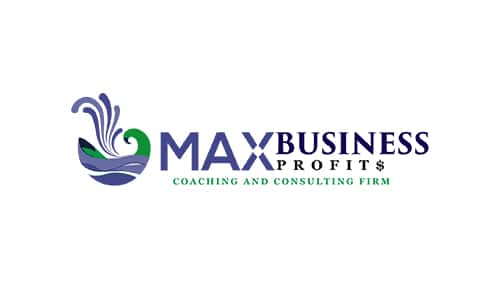Although I strongly recommend you ultimately use a Certified Business Exit Adviser, like myself, to participate in the process of creating a formal business exit strategy and options, you can start the process very inexpensively by educating yourself on multiple angles of the process.
CAUTION -If you decide to start the process yourself to save on fees, start today and dedicate yourself to accomplishing the tasks. If you can’t or won’t commit the time, or procrastinate, you are better off immediately having professionals start and guide the process and hold you accountable.
Six preliminary steps to start the exit planning process without spending much on professional fees.
1.Self-education:
There are lots of books that address this very issue.
2. Obtain a realistic estimate of the value of your business
To plan where you are going, you need to know where you are currently. As a business owner, you need to realistically assess the current market value of your business. Pay for a real, unbiased market valuation from a broker of consultant! If a broker requires a fee for the work to be performed, it is worthwhile.
In addition, you need to identify the obstacles you face in selling your business. And it would help to know what you can do to improve the value of the business.
This is a great way to start the exit planning process and in most instances, can be achieved at a low cost.
3. If you own the Real Estate your business sits on, obtain a realistic estimate of the value of your real estate holdings
So Important! Your business is a separate entity regardless of where i sits.If you are unsure of the realistic values of your real estate holdings, most residential and commercial real estate agents will provide a comparative market analysis (CMA) at no charge. Because commercial real estate valuations are more difficult to ascertain, consider obtaining multiple CMAs from multiple agents.
4. Prepare a list of your personal financial assets and liabilities
To enable a productive meeting with a personal financial planner to help with retirement planning, future income requirements and tax consequences of selling your business. We can make trusted recommendations to you on this. Then meet with personal financial planners.
5. Consider your post-exit interests
Determine your post-exit interests, discussing with your spouse or significant other where applicable, and try to develop preliminary but flexible plans. One aspect of exit planning is projecting your future income needs; those are totally dependent on your lifestyle expectations after you leave your business. Even if you are more than ten years from selling your business, have this preliminary discussion. It doesn’t have to be decisive and can be flexible, but it’s very important that the conversation take place.
6. Talk with your Certified Exit Strategist!
After receiving feedback from business brokers and personal financial planners, begin the discussion with your certified business exit planners. Once again, you can expect a free initial consultation. Provide them with the information you’ve developed so far and ask what they can do for you and how they will go about it. Based on the data you provide, they should be able to provide a proposal with a fairly tight estimate of their fees to coordinate and complete a comprehensive business exit plan.
Again, we, at Max Business Profits not only provide the above, but are also qualified and experienced to bring your business value & revenues in line or at least closer to your financial goal when selling!
I cannot stress this enough!
Whats the point of selling for $350,000 when clearly you need or expected $500,000! Doesn’t matter if its 3.5 million dollars or 5 million dollars either! It’s just a question of decimal placement! what you need is what YOU NEED!
This approach gets you personally involved and helps provide a preliminary education before a comprehensive exit plan is completed. That’s a good thing, but only if you do not procrastinate in the information-gathering process. If you are unwilling or unable to commit to the self-education time required, then simply start with identifying and interviewing certified business exit planners. You’ll likely spend just a little more on professional fees, but it will still be one of the best investments you’ll ever make and minimize the time required on your part.

